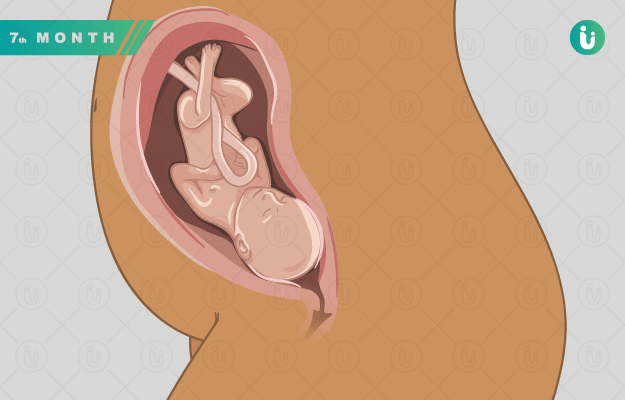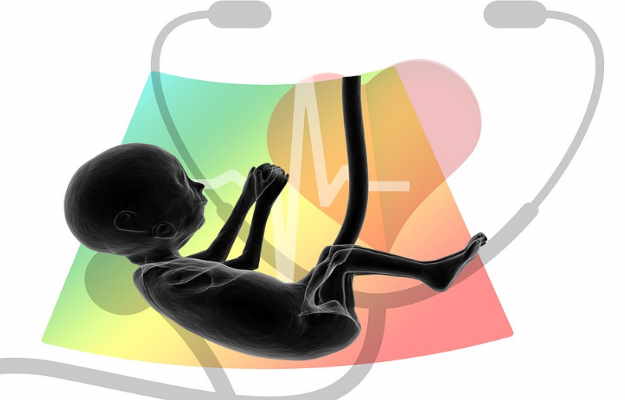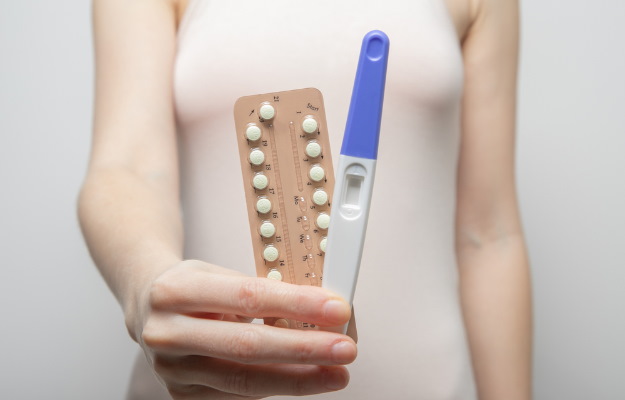Protein supplements during pregnancy is one of the most controversial topics. Since maternal diet plays an important role in determining the growth and development of the foetus, an overall increase in total protein intake is recommended to women during pregnancy. Lack of protein consumption during pregnancy may lead to pre-term births or low baby weight. However, an excess of this macronutrient might as well do more harm to the baby than good. No wonder most women tend to be confused about how much is too much when it comes to proteins.
If you too are wondering about the safety concerns of protein supplements during pregnancy, read on.
(Read more: What to eat and what not to eat during pregnancy)
- How much protein should you take during pregnancy?
- Is protein powder safe during pregnancy?
- When to start having protein powder during pregnancy?
How much protein should you take during pregnancy?
According to UCSF Beninoff Children’s hospital, proteins should comprise 20-25% of your total calorie intake during pregnancy. However, it varies depending on your pre-pregnancy weight, with underweight women requiring more protein than women who fall in the normal weight category. Protein intake may also increase linearly during your pregnancy journey. An article published in the journal Annals of Nutrition and Metabolism, an average increase of 0.9g/Kg body weight/day and about 1.0g/ Kg body weight/day is needed during the second and third trimester of pregnancy.
Though if you are a vegetarian or a vegan, it is hard to obtain all of this protein from dietary sources alone, instead, it is compensated for, through a protein powder.
Your gynecologists may recommend up to 2 teaspoons of protein powder to be taken once or twice a day with milk if you are underweight or have an otherwise poor dietary protein intake. If you don’t like the taste of protein powder you can put it in smoothies or shakes. If it's your first pregnancy, make sure to discuss with your doctor if you need protein powder supplementation.
Is protein powder safe during pregnancy?
Protein powder consumption is completely safe during pregnancy if your doctor has recommended you so. However, it is important to keep in mind the following points regarding it:
- Check labels before buying any kind of supplement. Consumption of artificial protein may not prove to be a good decision. Instead, look for plant or animal-based protein powders
- Make sure to check for all the ingredients in the protein powder. It should not have added sugars or preservatives
- Also, verify with your doctor before having any protein supplements to avoid consumption of any wrong ingredient
- Do not take protein powder in a higher dose or for longer than what your doctor recommended for
- Also, make sure that any ingredient you are allergic to is not present in the protein powder
When to start having protein powder during pregnancy?
This is another important question that most pregnant mothers have. Well, there is no exact time to start having protein supplements during pregnancy. In fact, if you are underweight, you need to start taking a protein-rich diet or protein supplements even before conceiving. Ideally, before conceiving, it is important to take 0.8 grams of protein per kilogram of your body weight. This means if your weight is 60 kg, you need to take 60*0.8= 48 grams of protein daily. Irrespective of body weight, you should consume at least 40 grams of protein per day at least. This intake is then increased during pregnancy as per the doctor’s recommendation.
Moreover, you should also have some dose of protein even after delivery during your lactation period. This will not just provide nourishment to the child during breastfeeding but also will help you to recover fast after delivery.
References
- Center for Disease Control and Prevention [internet], Atlanta (GA): US Department of Health and Human Services; Maternal Diet
- World Health Organization [Internet]. Geneva (SUI): World Health Organization; High-protein supplementation during pregnancy
- Elango R, Ball RO. Protein and Amino Acid Requirements during Pregnancy. Adv Nutr. 2016 Jul; 7(4): 839S–844S. PMID: 2742252
- Richter M, Baerlocher K, Bauer J.M.c, Elmadfa I, Heseker H, Leschik-Bonnet E. Stangl G, Volkert D, Stehle P. Revised Reference Values for the Intake of Protein. Ann Nutr Metab 2019;74:242–250
- University of California San Francisco [Internet]. Benioff children hospital, San Francisco; Eating Right Before and During Pregnancy
- Liberato SC, Singh G, Mulholland K. Effects of protein energy supplementation during pregnancy on fetal growth: a review of the literature focusing on contextual factors. Food Nutr Res. 2013 Nov 12;57:10.3402/fnr.v57i0.20499. PMID: 24235913.























